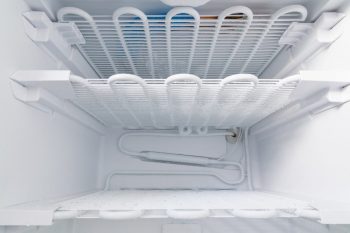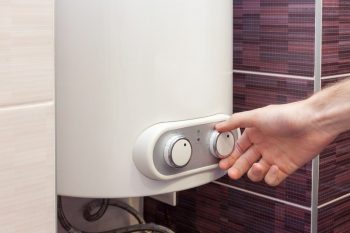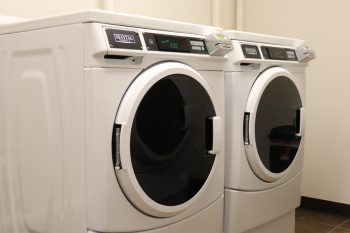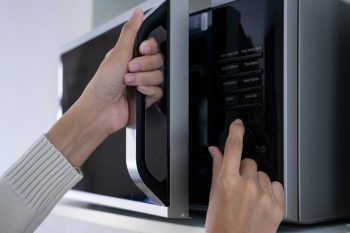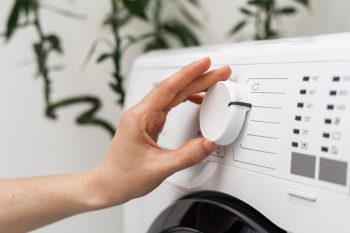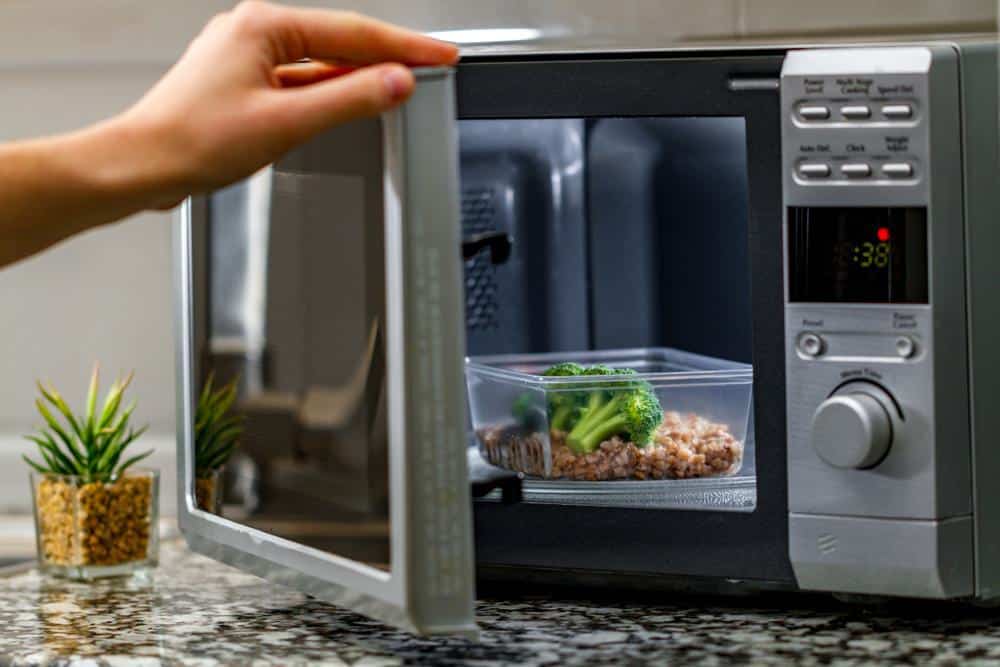
Microwaves are a common household appliance, used daily for heating and cooking food. However, they can cause some electrical issues, one of which is frequently tripping the circuit breaker. This can be quite frustrating, especially when you’re in the middle of preparing a meal. But why does this happen, and what can you do about it? This comprehensive guide will provide an in-depth explanation, along with possible solutions.
Your microwave may be tripping the breaker due to several reasons, including an overloaded circuit, a defect within the microwave itself, voltage fluctuations, a wet turntable motor, a blown interference suppressor, a faulty door safety latch, or a damaged magnetron. To resolve this issue, ensure your microwave is connected to a dedicated circuit. If the problem persists, consult with a professional electrician or appliance repair technician.
Understanding Circuit Breakers and Microwaves
Circuit breakers are safety devices designed to protect your home’s electrical circuit system from damage caused by an overload or short circuit. When the electrical current exceeds the breaker’s capacity, it automatically trips or shuts off to prevent overheating and potential fire hazards.
Microwaves, on the other hand, are high-energy appliances. They typically draw between 12 and 15 amps of power, depending on the make and model. This makes them one of the most power-consuming appliances in your home.
Common Causes of a Microwave Tripping the Breaker
Overloaded Circuit
One of the most common reasons for a microwave tripping the circuit breaker is an overloaded circuit. This happens when too many appliances are connected to the same circuit as the microwave, exceeding the circuit’s total amp capacity.
Defective Microwave
If your microwave is on a dedicated circuit and still trips the breaker, it might be due to a defect within the microwave itself. This could be a faulty capacitor, a malfunctioning transformer, or damaged internal circuitry.
Electrical Supply Problem
Voltage fluctuations or wiring problems can also cause the breaker to trip. If the power supply to the appliance is inconsistent or if there are any loose connections, the circuit breaker may trip to prevent damage.
Wet Turntable Motor
A leak inside the microwave can cause liquid to reach the turntable motor. When this happens, the motor may become defective, causing the breaker to trip.
Blown Interference Suppressor
The interference suppressor in a microwave prevents electrical interference from disrupting other electronic devices in your home. If this component blows, it can cause the microwave to trip the breaker on startup.
Faulty Door Safety Latch
The door safety latch is a crucial safety feature in microwaves. If it’s malfunctioning, it can cause the microwave to trip the breaker.
Damaged Magnetron
The magnetron is the component that produces the microwaves that cook your food. If it’s faulty, it can also cause the breaker to trip.
Solutions and When to Call a Professional
If your microwave keeps tripping the breaker, the first step is to ensure it’s connected to a dedicated circuit. If the issue persists, consider consulting a professional electrician or appliance repair technician. They can help identify the specific cause and recommend the appropriate solution. This can involve replacing faulty components, repairing any electrical supply issues, or even installing a dedicated circuit for the microwave.
In conclusion, a microwave that frequently trips the breaker is a sign of an underlying issue that needs to be addressed. Regular maintenance and prompt attention to any problems can help ensure that your microwave operates efficiently and safely.
Frequently Asked Questions
What is a dedicated circuit?
A dedicated circuit is a circuit that is set aside for a specific purpose, with its own circuit breaker in your electrical box. It is intended for use with a single appliance only, ensuring it has the necessary power and reducing the risk of overloading.
How can I tell if my microwave is on a dedicated circuit?
You can determine if your microwave is on a dedicated circuit by checking your electrical panel. The microwave should have its own labeled circuit breaker. If it shares a breaker with other appliances, it is not on a dedicated circuit.
Can I install a dedicated circuit myself?
Installing a dedicated circuit involves working with your home’s electrical system, which can be dangerous if not done correctly. It’s recommended to hire a professional electrician for this task.
What do I do if my microwave keeps tripping the breaker even after ensuring it’s on a dedicated circuit?
If your microwave continues to trip the breaker despite being on a dedicated circuit, there might be a problem with the microwave itself or with your home’s electrical system. It’s best to consult a professional electrician or an appliance repair technician to diagnose and fix the issue.
How often should I conduct maintenance on my microwave?
It’s good practice to clean your microwave regularly to prevent food debris and spills from causing problems. As for professional maintenance, it’s advisable to have your microwave checked every couple of years or sooner if you notice any issues.

